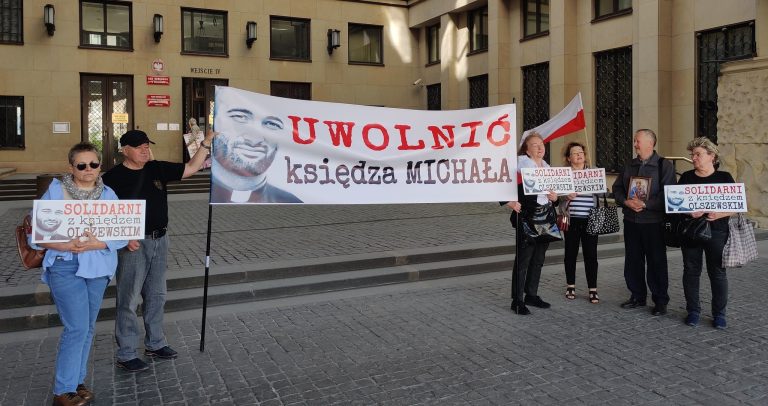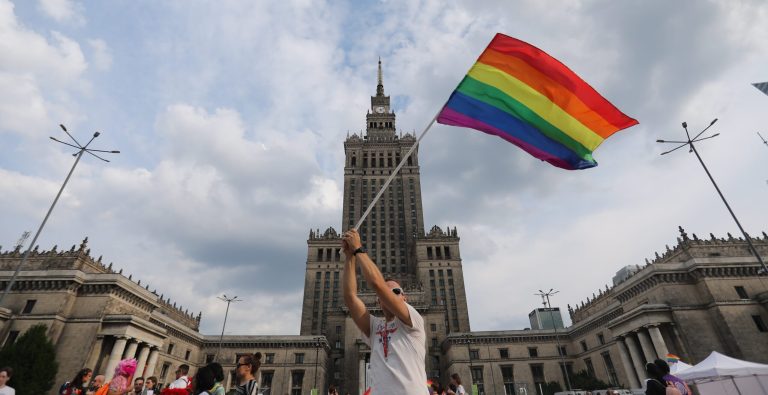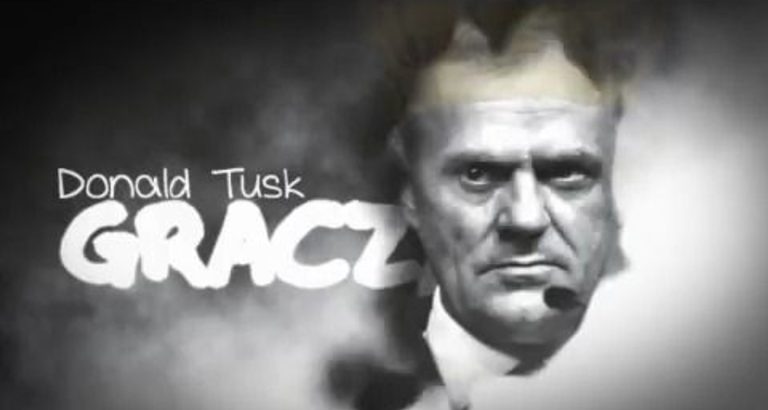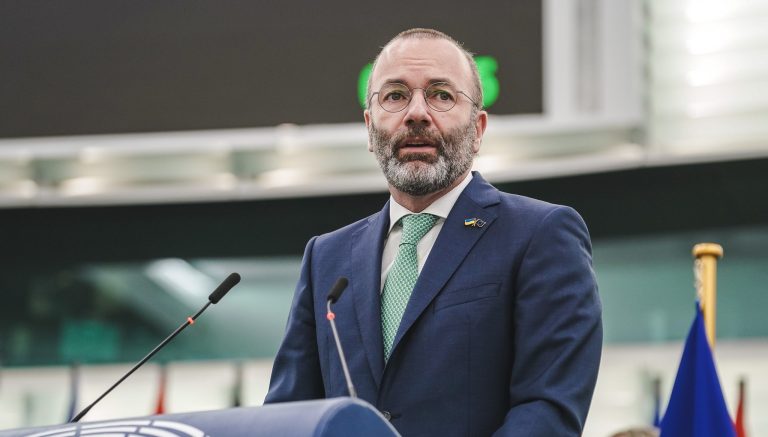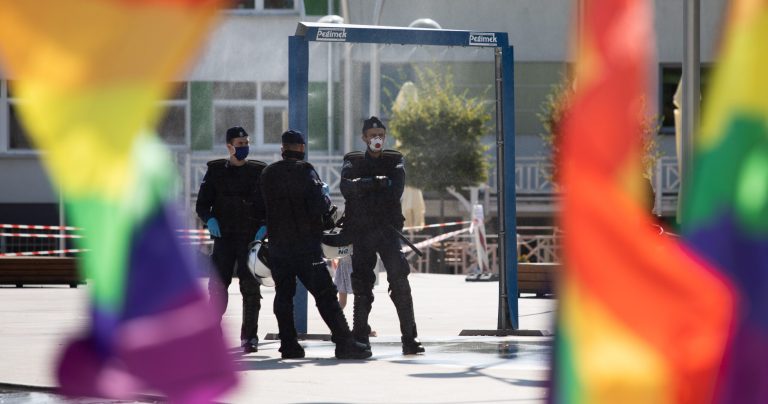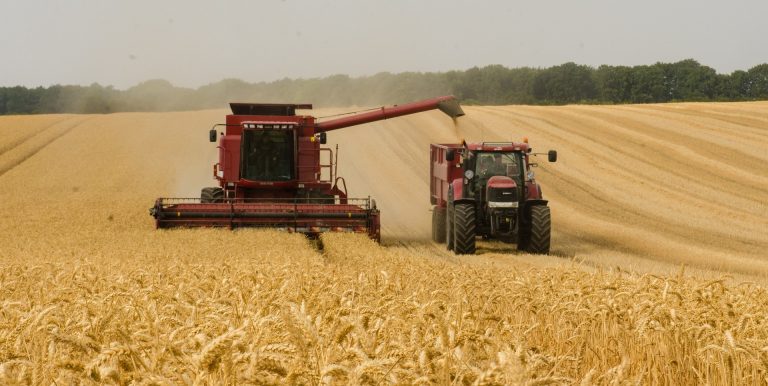Controversial memorial to victims of WWII massacres by Ukrainian nationalists unveiled in Poland
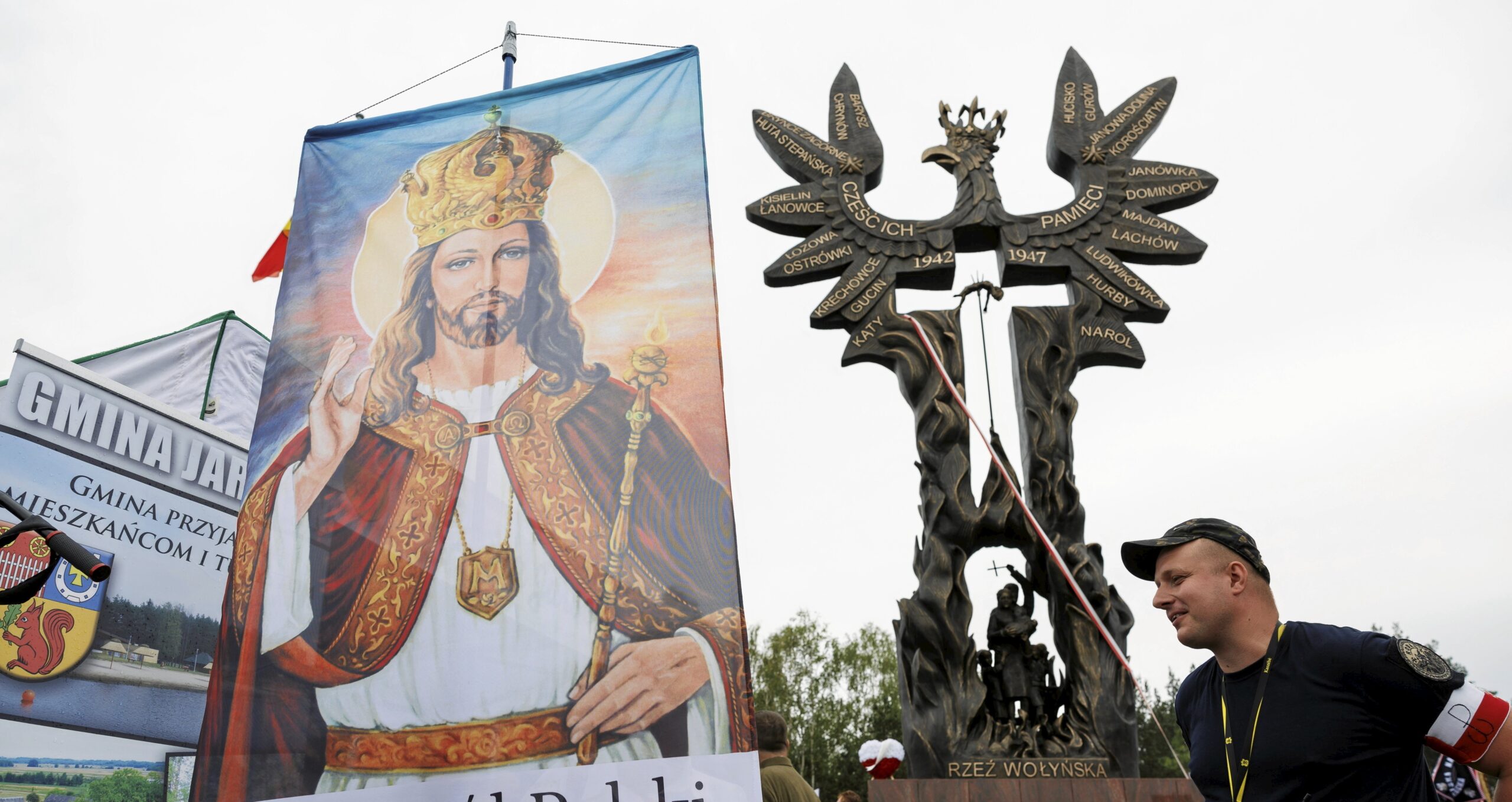
A memorial to victims of the Volhynia massacres, in which around 100,000 ethnic Poles were slaughtered by Ukrainian nationalists during World War Two, has been unveiled in Poland.
The monument, which was funded by the Polish Army Veterans’ Association in America, has drawn controversy due to its brutal depiction of a baby being impaled on a Ukrainian trident. Several cities refused to host the statue, which was eventually built in the village of Domostawa in southeast Poland.
Thousands of people attended Sunday’s official opening, including figures from the far-right Confederation (Konfederacja) party. However, Poland’s two main political parties, the centrist Civic Platform (PO) and national-conservative Law and Justice (PiS), did not send representatives.
Uroczystości odsłonięcia pomnika Rzezi Wołyńskiej upamiętniającego Polaków pomordowanych przez Ukraińców na Wołyniu i w Małopolsce Wschodniej.
Walka o prawdę historyczną trwa!🇵🇱 pic.twitter.com/BSLYNodh4U
— Konfederacja (@KONFEDERACJA_) July 14, 2024
The memorial – a 20-metre-tall bronze sculpture created by the late artist Andrzej Pityński – depicts an eagle, the national symbol of Poland, being consumed by flames. On its wings are the names of places whose inhabitants were murdered by the Ukrainian Insurgent Army (UPA).
The precise death toll of the massacres is unknown, but estimates range up to 120,000. The victims, the majority of whom were women and children, were in many cases killed with extreme brutality.
For that reason, Pityński’s sculpture features at the centre of the eagle a depiction of a baby impaled on a trident representing the “tryzub”, which is the national symbol of Ukraine. The base of the monument also features children’s dismembered heads impaled on fence pickets.
Pomnik Rzezi Wołyńskiej autorstwa wybitnego rzeźbiarza Andrzeja Pityńskiego w Domostawie już stoi. Uroczyste odsłonięcie 14.07., w 81. rocznicę kulminacji ukraińskich masowych zbrodni na Wołyniu. Autor niestety nie dożył tej uroczystości. Zobaczymy, co na to Ukrole w Polsce. pic.twitter.com/BmPGDr1ymL
— Konfederacja Memy Bez Cenzury (@MemyBezCenzury) June 15, 2024
The brutal nature of the monument resulted in the cities of Rzeszów, Toruń, Jelenia Góra and Stalowa Wola refusing to host it. However, Tomasz Podpora, the mayor of the district in which Domostawa is located, defended the sculpture.
“We have to say that this is how it was,” he told the Polish Press Agency (PAP). “The artist expressed his vision and that should not be changed.”
The unveiling ceremony in Domostawa took place on the first weekend following Poland’s National Day of Remembrance of the Victims of the Genocide of Citizens of the Polish Republic Committed by Ukrainian Nationalists, an annual commemoration established by parliament in 2016 and held on 11 July.
Sorry to interrupt your reading. The article continues below.
Notes from Poland is run by a small editorial team and published by an independent, non-profit foundation that is funded through donations from our readers. We cannot do what we do without your support.
Włodzimierz Osadczy, a historian at the Catholic University of Lublin (KUL) and member of the committee behind the sculpture’s construction, expressed satisfaction that “the truth about Volhynia is beginning to emerge” despite Polish politicians too cautiously “weighing their words” when speaking about the crime.
“We do not weigh words when we condemn the crimes of the Holocaust, we do not weigh words when we condemn Auschwitz,” he told PAP. “However, here we are told to weigh words. We should not weigh words, but call things by their names and pay tribute to the victims who suffered an unbelievable death.”
However, the monument was criticised by the president of the Union of Ukrainians in Poland, Mirosław Skórka, who told broadcaster TVN that “the Volhynia massacre should be discussed, considered and prayed for, not turned into a spectacle that is supposed to reinforce hatred”.
Ukraine’s ambassador has criticised the „unacceptable” suggestion by Poland’s foreign ministry spokesman that President @ZelenskyyUa should apologise for the Volhynia massacre, which saw up to 100,000 ethnic Poles killed by Ukrainian nationalists in WWII https://t.co/45QnIsTgpO
— Notes from Poland 🇵🇱 (@notesfrompoland) May 21, 2023
Sunday’s unveiling was attended by descendants of victims of the massacres as well as many patriotic organisations, reports local newspaper Nowiny. While some representatives of local authorities were present, there were none from the regional or national authorities.
Leading figures from Confederation, which has seats in both the Polish and European parliaments, also attended. They criticised the national authorities for failing to pursue the “historical truth” about the massacres, including by pushing for the exhumations of victims.
The history of Volhynia continues to cause tensions between Poland and Ukraine. While the Polish authorities have declared the massacres to be a genocide, Ukraine rejects that label.
“It’s hard to imagine” Ukraine joining the EU without first allowing the exhumation of ethnic Poles massacred by Ukrainian nationalists in WWII, says a Polish deputy foreign minister.
The issue has often caused tension between two otherwise close allies https://t.co/5zM5uL6pEd
— Notes from Poland 🇵🇱 (@notesfrompoland) June 20, 2023
Recent years have seen a renewed push for exhumations of victims buried in what is now Ukraine. Last year, a deputy Polish foreign minister warned that “it is hard to imagine” Ukraine being allowed to join the EU without first allowing exhumation.
Poland’s prime minister at the time, Mateusz Morawiecki, said that Ukrainian President Volodymyr Zelensky had pledged that exhumations would take place. In October, the then Polish government announced that a mass burial pit containing victims of the massacres had been found in Ukraine.
Meanwhile, in further signs of progress, Zelensky and Polish President Andrzej Duda jointly attended a ceremony to commemorate the 80th anniversary of the massacres and the chairman of Ukraine’s parliament expressed sympathy for the pain felt by Poles over the “terrible events in Volhynia”.
In an important symbolic moment, the presidents of Ukraine and Poland have jointly marked the anniversary of the WWII Volhynia massacres, in which Ukrainians killed up to 100,000 Poles.
The issue has often caused tension between two otherwise close allies https://t.co/nwJOJU6A6y
— Notes from Poland 🇵🇱 (@notesfrompoland) July 9, 2023
Main image credit: Patryk Ogorzalek / Agencja Wyborcza.pl
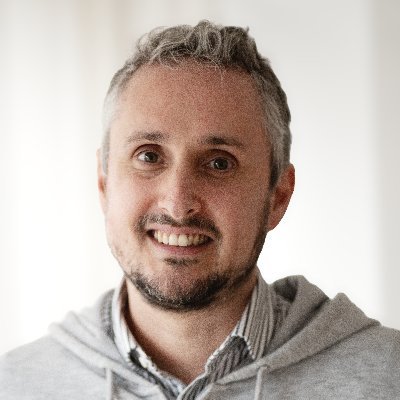
Daniel Tilles is editor-in-chief of Notes from Poland. He has written on Polish affairs for a wide range of publications, including Foreign Policy, POLITICO Europe, EUobserver and Dziennik Gazeta Prawna.

